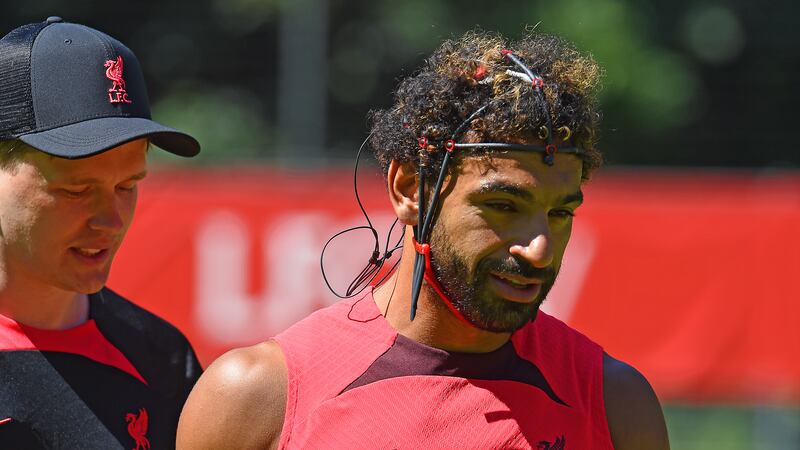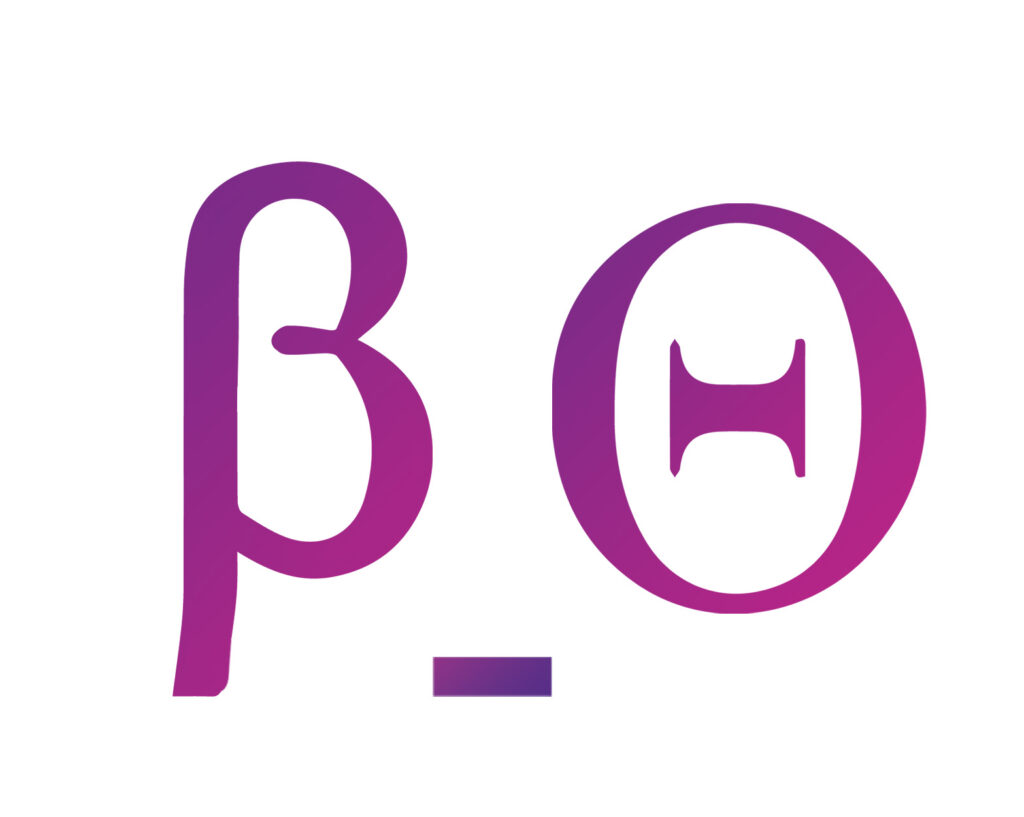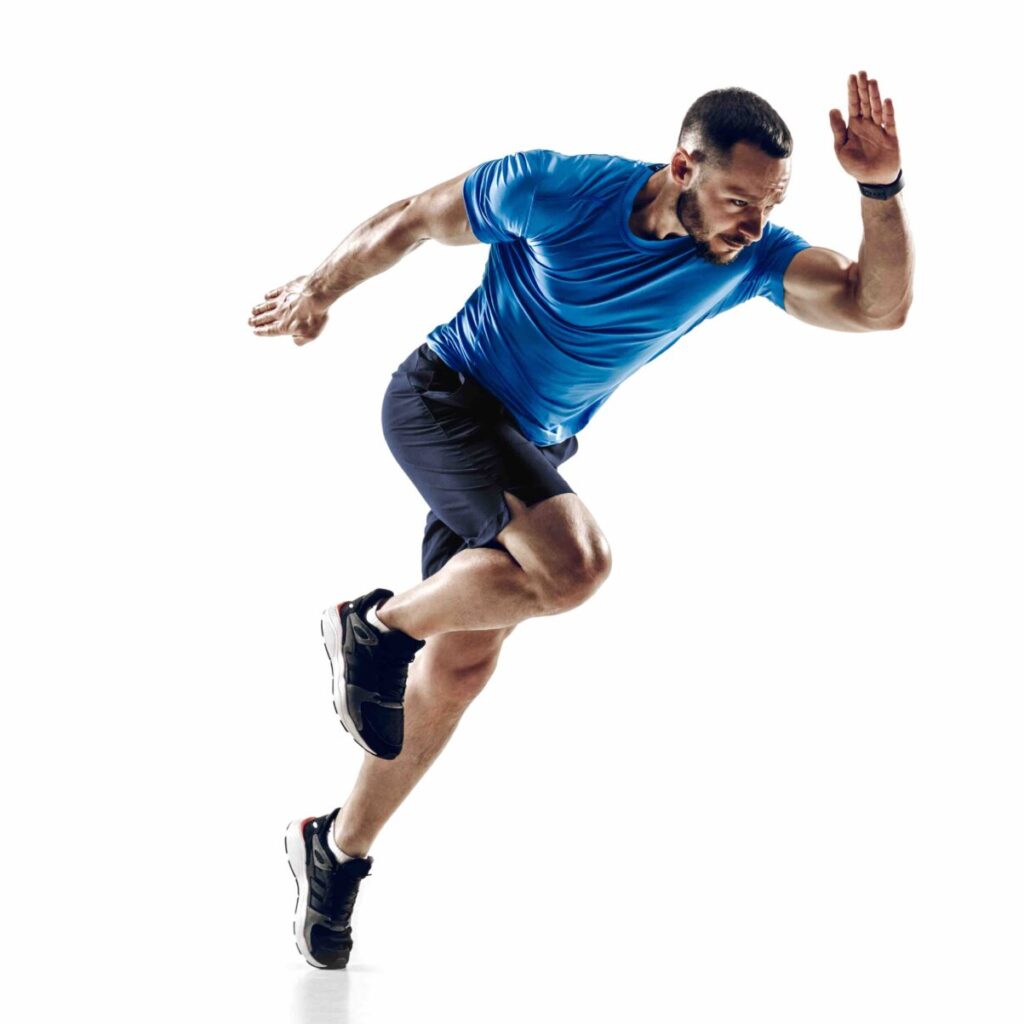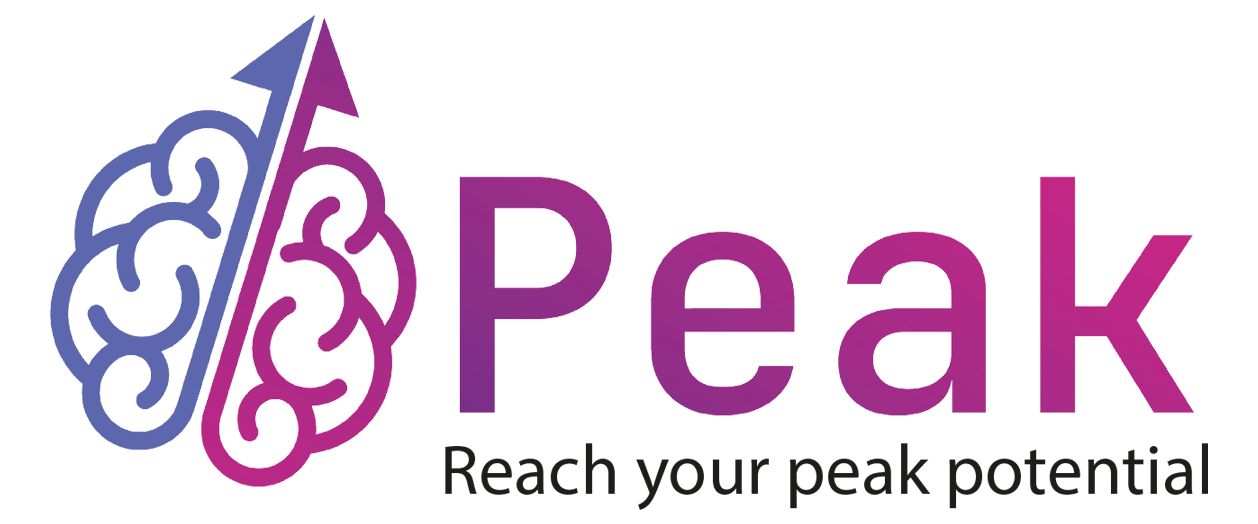In the world of competitive sports, athletes are constantly searching for ways to gain an edge over their opponents. Physical training and nutrition are key, but what about optimizing mental performance? Neurofeedback, a powerful brain-training tool, is emerging as a game-changer for athletes. By helping athletes control their brain waves, neurofeedback can enhance focus, improve reaction times, and even aid in recovery. But how exactly does neurofeedback boost athletic performance, and is it worth incorporating into your training routine?

What is Neurofeedback and How Does it Work?
Neurofeedback is a type of biofeedback that measures brainwave activity in real time. Through a series of sessions, athletes learn to adjust their brainwave patterns to achieve optimal mental states for peak performance. Electrodes placed on the scalp detect brainwaves, and feedback—either visual or auditory—tells the athlete when their brainwaves are in the desired range.
For example, athletes might be trained to reach the alpha brainwave state, which is associated with calm focus and creativity. This state is ideal for athletes who need to stay calm under pressure but remain focused on the task at hand. Over time, neurofeedback helps athletes stay in this optimal state for longer periods, leading to better performance on the field, court, or track.Learn more about how neurofeedback works at Peak Centers.

Enhancing Focus and Reaction Times
Focus is one of the most crucial elements of athletic success. Whether you’re a football player needing to keep your eye on the ball or a sprinter aiming to react to the starting gun, split-second decisions can make all the difference. Neurofeedback trains the brain to improve sustained focus by promoting the balance of beta brainwaves, which are linked to concentration.

Example:
One high-profile example is Liverpool Football Club, where neuroscientists are using Neurofeedback to help players like Mohamed Salah improve their focus during set-pieces. Electrodes are attached to players’ heads to monitor brain activity, with the goal of training their minds to stay calm and precise in high-pressure situations. According to a report in the NewYork Times, this brain-training technique has helped Liverpool players perform better under stress, contributing to their success on the field.
In a study published in the Journal of Sports Medicine, athletes who underwent Neurofeedback training showed faster reaction times and improved decision-making skills. These benefits are especially critical in high-pressure moments, where staying calm and reacting swiftly can turn the tide of the game.
Improving Mental Resilience and Stress Management
Athletes often deal with immense amounts of stress, from pre-competition anxiety to the pressure to perform at peak levels. Neurofeedback helps manage stress by training the brain to shift from high frequency beta waves, associated with anxiety, to low-frequency alpha and theta waves, which promote relaxation and mental clarity


Example:
This mental conditioning is not limited to traditional sports. In the high-speed world of Formula 1 racing, drivers like Sebastian Vettel and Charles Leclerc use neurofeedback techniques to stay mentally sharp during races. According to an article on Formula1.com, these drivers rely on mental training to manage the stress of racing at 200 miles per hour and make split-second decisions that can affect the outcome of the race. Neurofeedback helps them maintain focus, stay calm under pressure, and react faster, giving them a critical edge in the sport.
By regularly engaging in neurofeedback sessions, athletes can develop a more resilient mindset, allowing them to handle the stress of competition better than their opponents.Discover How Neurofeedback builds mental resilience at PeakCenters.
Accelerating Recovery
Beyond enhancing performance, Neurofeedback also plays a vital role in recovery. Athletes often push their bodies to the limit, but mental recovery is just as important as physical recovery. Neurofeedback helps athletes move from a heightened state of focus and tension to a relaxed state, promoting faster physical recovery by reducing stress hormones like cortisol.

Example:
After a particularly intense game or workout, neurofeedback can help athletes transition from an overactive state (associated with beta brainwaves) to a deep relaxation state (theta waves), allowing their bodies to rest and recover more efficiently. This is especially beneficial for endurance athletes like marathon runners or triathletes, where mental recovery is key to sustaining long-term performance.
Who Should Consider Neurofeedback for Sports?
While any athlete can benefit from neurofeedback, it’s especially useful for those in:
- High-pressure sports: Sports like soccer, basketball, tennis, and martial arts require quick decision-making under stress.
- Endurance sports: Marathon runners, cyclists, and triathletes need mental endurance and focus to sustain performance over long distances.
- Combat sports: In sports like boxing or MMA, mental toughness and quick
Explore neurofeedback programs tailored to athletes at Peak Centers.
Is Neurofeedback Worth the Investment?
For serious athletes, the benefits of neurofeedback can be game-changing. While traditional sports training focuses on physical strength and agility, neurofeedback hones the mind to function at its highest level. As athletes learn to control their mental state, they gain a competitive edge that few other training methods can offer.
At Peak Centers, we’ve seen remarkable results with athletes who incorporate neurofeedback into their training programs. They report sharper focus, better stress management, and faster recovery times, all of which lead to improved performance in their respective sports.

Conclusion: Neurofeedback as a Key to Athletic Success
Whether you’re an elite athlete or an aspiring professional, Neurofeedback offers a powerful tool to elevate your game. By training your brain to reach optimal states of focus, resilience, and relaxation, you can gain the mental edge needed to outperform your competitors. Neurofeedback is not just about mental health—it’s about unlocking your full potential.
Ready to take your athletic performance to the next level? Book a consultation at Peak Centers today and discover how Neurofeedback can help you achieve your personal best, Contact us.



